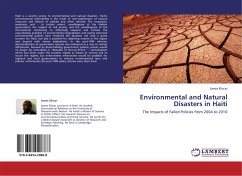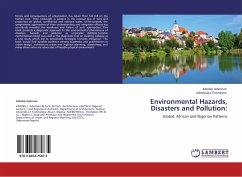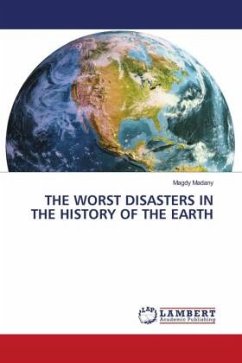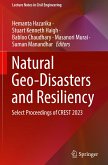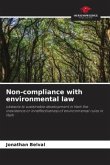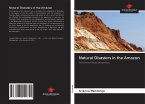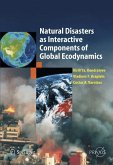Haiti is a country prone to environmental and natural disasters. Haiti s environmental vulnerability is the result of over-exploitation of natural resources and failures of policies and other reforms. The incapacity, weakness, and to certain extent, unwillingness of the Haitian government; the neglect of civil society; and the unwillingness of the international community to effectively respond and contain the exacerbating problem of environmental degradation and poorly enforced environmental policies have rendered the situation not only a grave concern for Haiti, but also a problem for adjoining nations in the region and beyond with severe implications. In the post-1994 reforms, decentralization of government systems was embraced as a way to redress deficiencies, because by decentralizing government systems, power would no longer be centralized in Republic of Port-au-Prince centralization which was done under the Duvalier regime as means of control and to secure the regime, but enforcement mechanisms would be available for regional and local governments to enforce environmental laws and policies. Unfortunate,the post-1994 policy reforms were short-lived.

